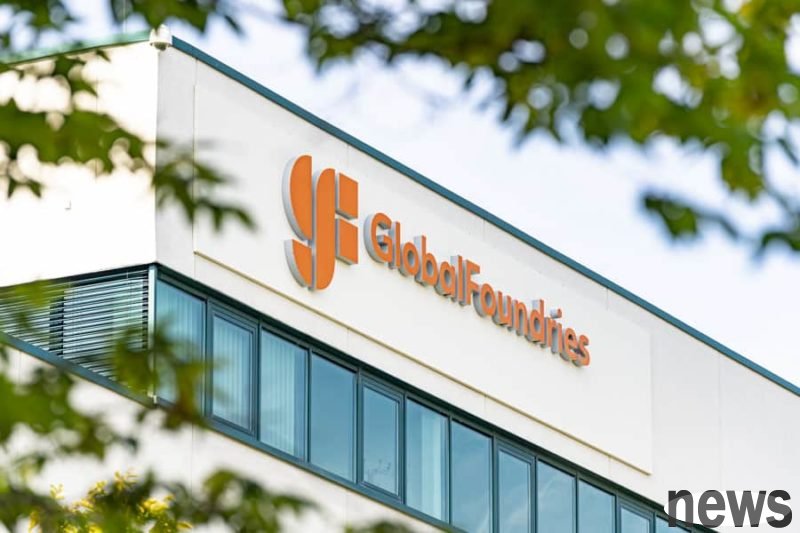
GlobalFoundries, a major wafer foundry, announced that it plans to invest 1.1 billion euros (approximately NT$38 billion) to expand the production capacity of its factory in Dresden, Germany. This major expansion project, called "SPRINT", aims to increase the annual production capacity of the factory to more than 1 million wafers by the end of 2028, making it the largest factory of its kind in Europe.
GlobalFoundries CEO Tim Breen said that the recent turmoil in the automotive industry has highlighted the fragility of the global chip supply chain. The expansion of the Dresden wafer fab is GlobalFoundries' proactive response to these challenges and fulfillment of its commitments to support Europe's demand for secure supply chains and differentiated technologies. Tim Breen further pointed out that the expansion plan will be able to meet the growing needs of customers who want to ensure that their semiconductor supply is independent of China and Taiwan to reduce risks.
The additional capacity will focus on GlobalFoundries' highly differentiated technologies, whose key performance features include low power consumption, embedded secure memory and wireless connectivity. These features are critical to meeting Europe’s chip needs in automotive, Internet of Things (IoT), defense and critical infrastructure applications. With the rise of physical AI, these industries are rapidly transforming, and GLOBALFOUNDRIES' semiconductors are crucial to related technologies. In addition, this investment will also support continued innovation in next-generation computing architecture and quantum technology.
Manfred Horstmann, GlobalFoundries’ senior vice president and general manager of European wafer fabs, also pointed out that expanding production capacity is not only to meet demand, but also to ensure that Europe’s industrial base is prepared for future challenges and to ensure local access to key wafer technologies. The expansion plan is expected to receive support from the German federal government and the state of Saxony under the European Chip Act, and the EU is expected to approve the full implementation of the plan later in 2025.
Tim Breen emphasized that since the chip shortage during the epidemic a few years ago, the requirements for supply chain security from major European customers, including customers in the automotive industry, have only increased. He singled out the case of chipmaker Nexperia, which the Dutch government seized last month over concerns about Nexperia's Chinese owner Wingtech, threatening a key part of the global automotive semiconductor supply chain. Tim Breen believes that this incident highlights the vulnerability of the European economy due to over-reliance. So the code to making supply security fully functional in Europe and around the world has not yet been cracked.
According to GlobalFoundries’ plan, in the first phase of this 1.1 billion euro investment, which is expected to be completed in 2028, the factory’s production capacity will be increased by 10% and can produce 1.1 million wafers per year. Any subsequent additional expansion plans will depend on market demand. While the German government has given preliminary approval to begin the expansion, GlobalFoundries is still waiting to learn whether the Dresden project will receive final subsidy arrangements. Tim Breen is optimistic about this because it is consistent with European goals around security and sovereignty.
It is worth noting that Europe passed the EU Chip Act in 2023, with the goal of controlling 20% of the global advanced chip production market share by 2030. However, 2024 will only reach the 8.1% level. In Germany, subsidies are also currently being offered for plans planned by Taiwanese market leader TSMC, which is building a factory in Dresden with European partners. Germany's Infineon also received similar subsidies for its "smart power wafer fab". GlobalFoundries Chairman Tom Caulfield expressed concern about Europe's decision to subsidize TSMC in 2024, believing that this move distorted the basis of competition.